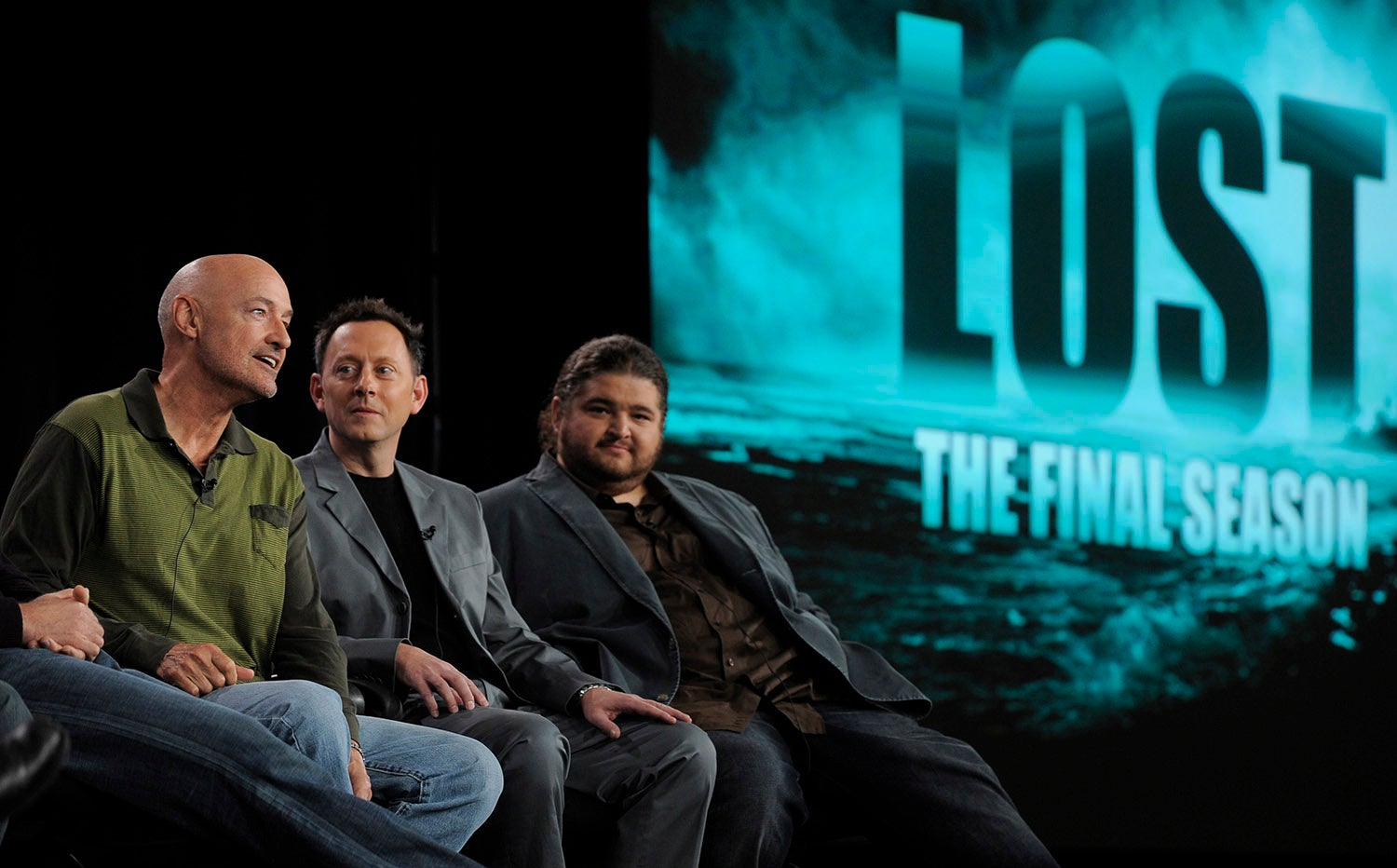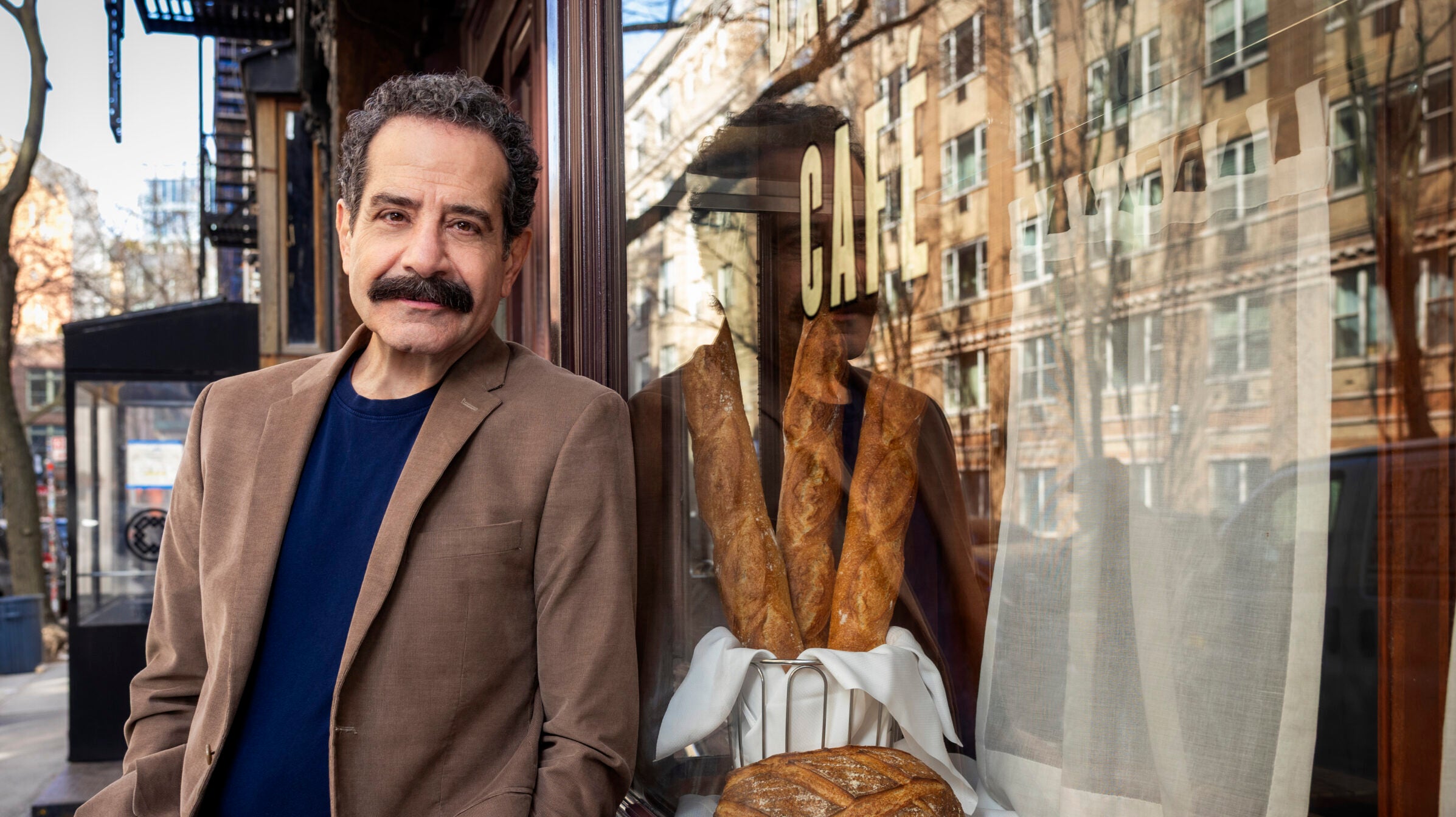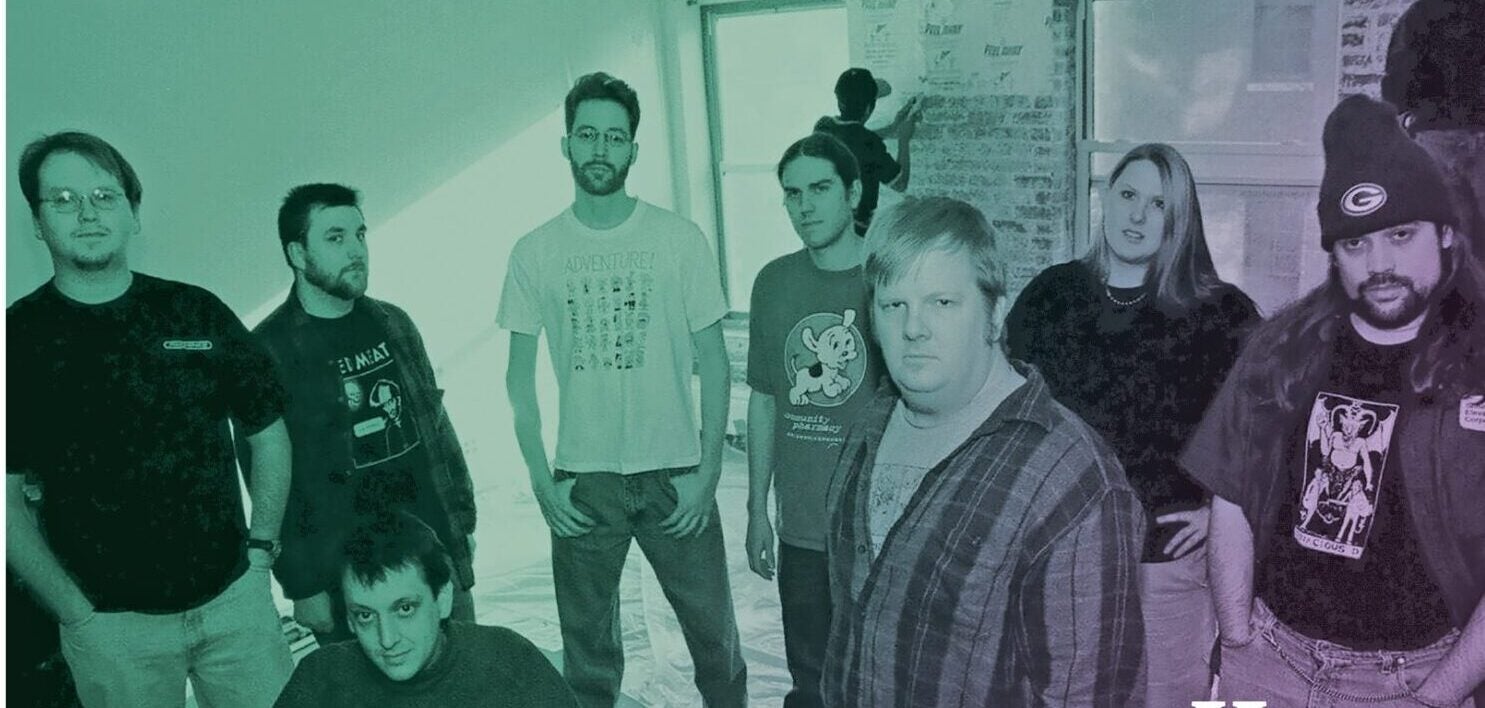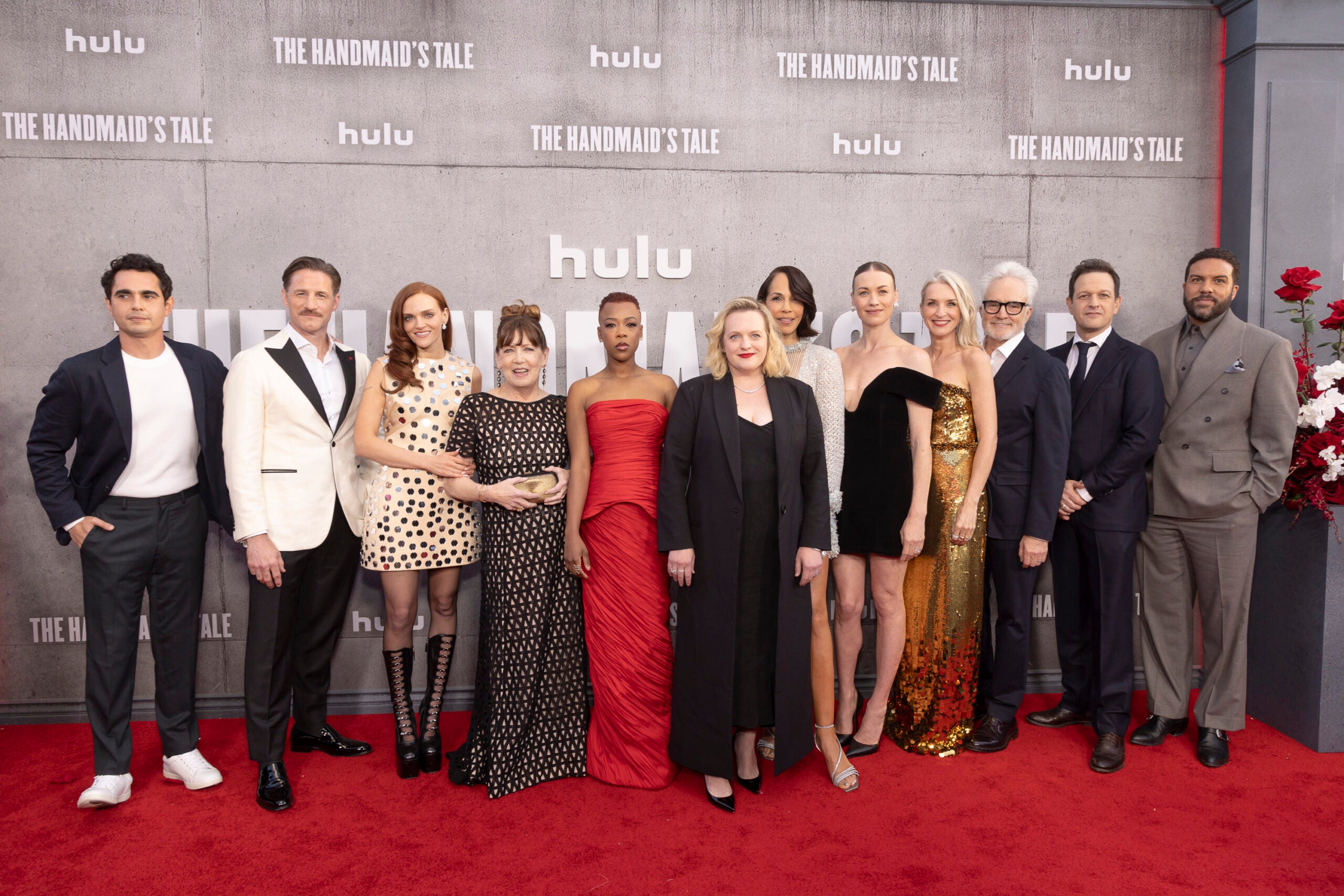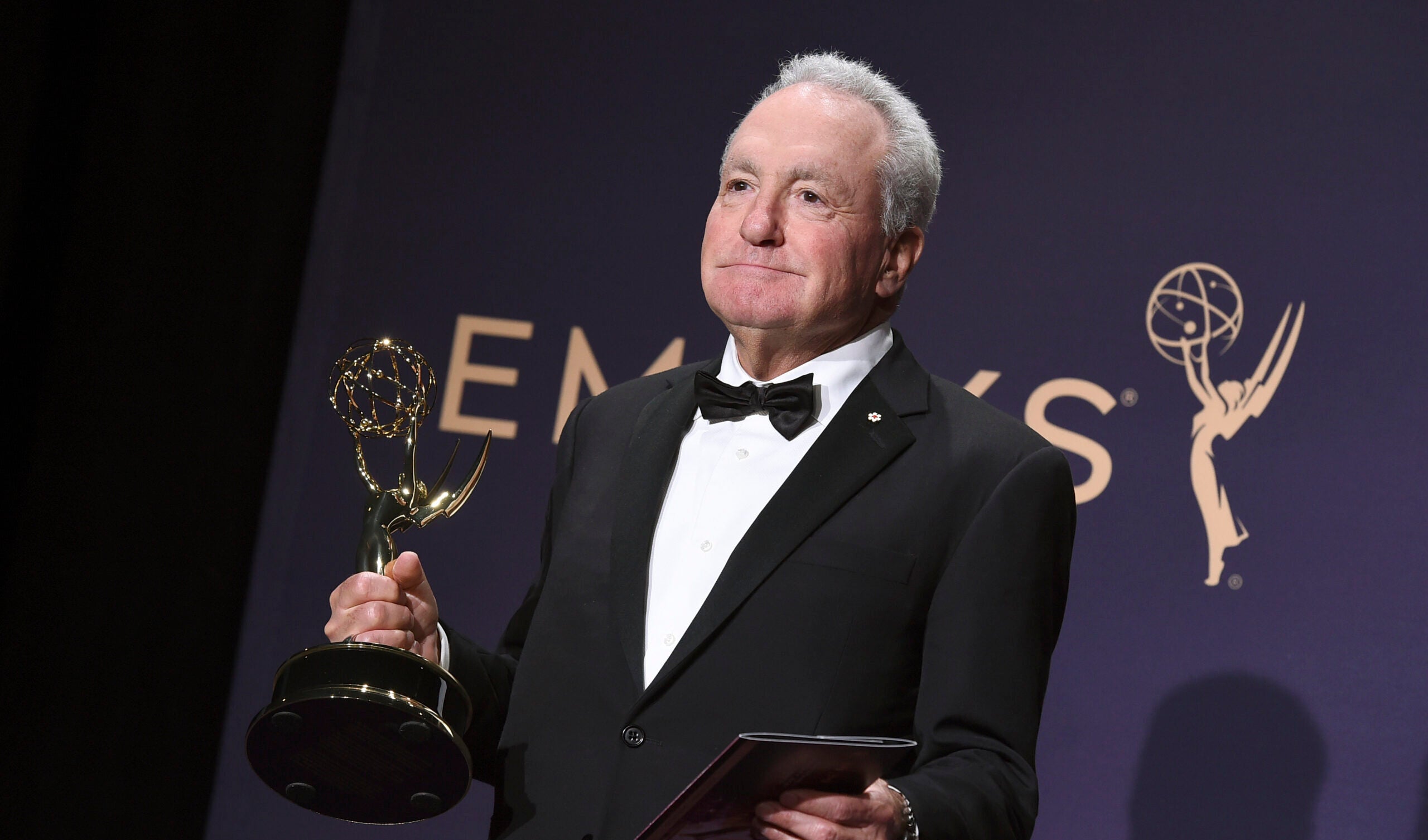In its 20 years since premiering, “Lost” has come to be regarded as a hugely influential television series. Many shows have sought to regain or build upon its innovative and expansive storytelling in the last two decades.
Culture critics Emily St. James and Noel Murray consider the impact of “Lost” in their new book, “Lost: Back to the Island: The Complete Critical Companion to the Classic TV Series.”
They spoke with WPR’s “BETA” host Doug Gordon about the huge splash of the two-episode pilot, the innovative storytelling that helped the show thrive and what the legacy of “Lost” looks like today.
News with a little more humanity
WPR’s “Wisconsin Today” newsletter keeps you connected to the state you love without feeling overwhelmed. No paywall. No agenda. No corporate filter.
The following interview has been edited for clarity and brevity.
Doug Gordon: Let’s start by talking about the two episode pilot of “Lost,” appropriately called, “Pilot.” What stands out in your mind when you watch it 20 years later?
Emily St. James: I often cite it as the best pilot ever. There are pilots I prefer on an artistic level, but the “Lost” pilot is so good at just getting all the information out, getting you into the story, at making everything vital and exciting and interesting.
I think a lot about how John Locke is one of the most important characters in the show. But in the pilot, he doesn’t really do much. But you remember him because he smiles at Walt with an orange in his mouth, and it’s such a visceral image. You’re like, I want to know more about that guy.
I think that’s a real strength of J.J. Abrams, who directed and co-wrote the pilot. He left the show six or seven episodes in to go direct “Mission Impossible 3,” and it really wasn’t his show from then on. But I think one of his real skills is saying, “Here’s a bunch of cool characters. Here’s a world that’s interesting. Now I’m going to set them all in motion.” And then “Lost” went on to be shepherded by other people. But I think that his skill in starting a story is so evident in this episode.
DG: Noel, when “Lost” debuted in 2004, more than 23 million people watch the show at its peak. How do you think “Lost” would have fared if it aired on HBO instead?
Noel Murray: That’s a great question. I think we’re so far removed from that particular era of television, and it may be hard for younger people to really understand or realize how important network television was in the early 2000s. I mean, HBO obviously was extremely influential. And by 2004, “The Sopranos” was already on the air. But I think that you really needed the network TV level budget, and you needed the network TV level of promotion to get the kind of audience that it did.
They generally had an idea that it would do maybe OK. But, the numbers it ended up doing not just on that first part of the pilot episode, but the second part aired one week later and retained much of that initial audience. And so, I think that’s the kind of thing that really maybe only could have happened on a network television show in 2004.
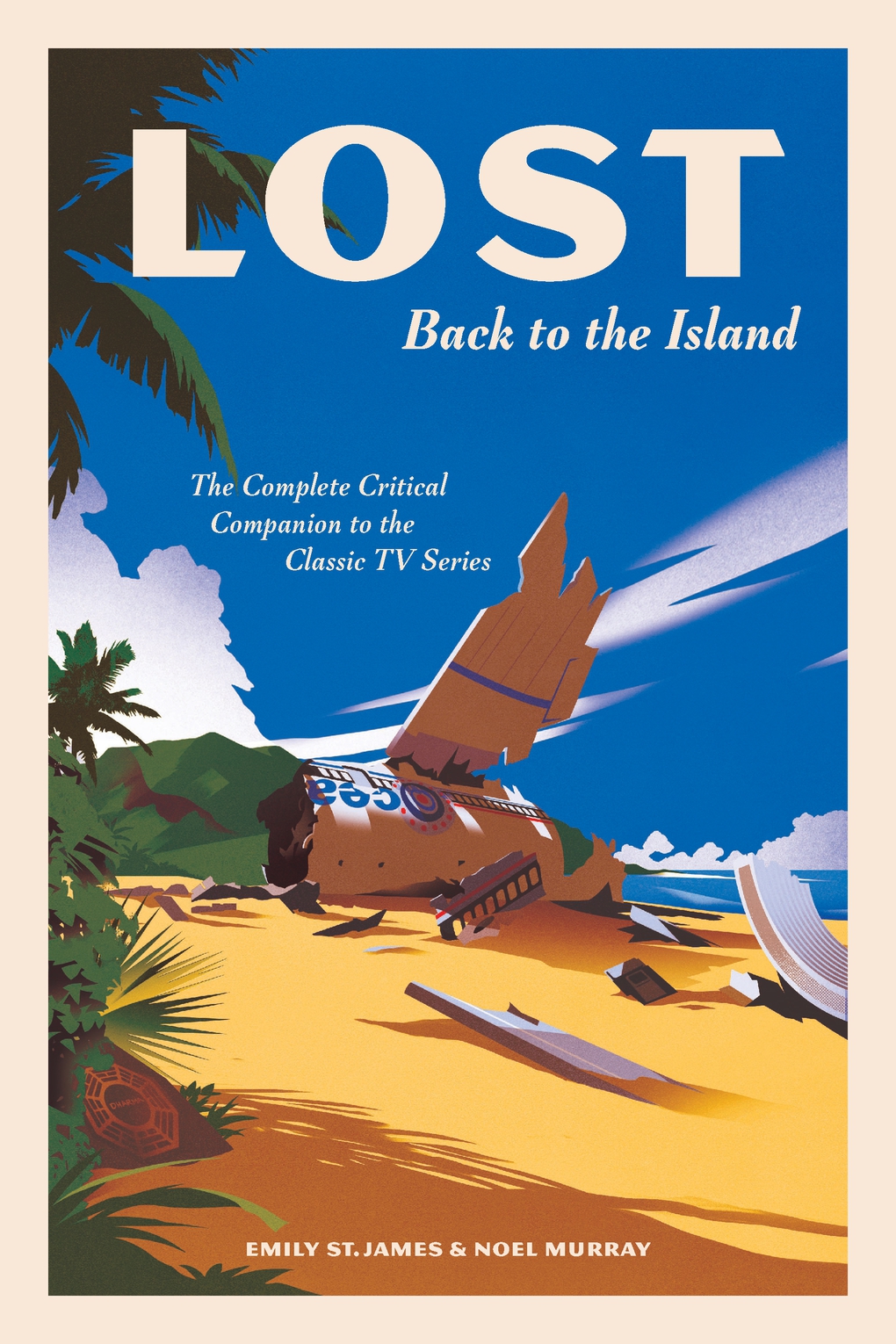
DG: Yeah. I wonder if “Lost” had aired on HBO, then they wouldn’t have had to crank out as many episodes. So do you think that would have made the show stronger?
ESJ: I think that having 22-plus episodes for its first three seasons and 16-plus for its last three really helped “Lost” more than hurt it. Yes, you have weak episodes in those seasons. There’s always at least one that’s just God-awful. And you’re like, why am I watching this show?
But you have a big cast and give all of them moments to shine across a season. You have a bunch of people in one place, and we’re getting to know their story. And we’re seeing them collide with each other.
What was neat about the flashbacks was they took that basic architecture, and then they said, every week, in addition to the island story, we’re going to have a different kind of story. The Sun and Jin stories are often very swooning love stories. Sayid often has a compelling war thriller angle. Even if you weren’t invested in whatever island mystery they were digging into that week, you might be watching Hurley have comic escapades in the past. So the flashbacks and eventually flash forwards and flash sideways really break up the story in a way that’s exciting and lets you get to know those characters.
DG: Probably, I would say, the most mind-bending moment in “Lost” occurs in the Season 3 finale episode, “Through The Looking Glass.” What happens?
ESJ: At the end of that episode, we’ve just been through really momentous action on the island. One of the big deaths in the whole series happens in that episode, and you’re very emotionally wrung out. And throughout the episode, there’s been this flashback to Jack Shephard, the main character played by Matthew Fox. And it’s kind of just hitting some of the same beats as you’ve always seen.
And yet, there’s this thing in the back of your brain that’s nagging at you that’s like, “This is a little bit different, and I can’t place it.” And then at the very end, he goes to L.A.X. and watches the airplanes fly over his head. And someone pulls up, and he turns around, and it’s Kate, who he did not know before the island. And instantly, we’re like, “They’ve gotten off the island. This is the future!” The last line of the episode famously, is, “We have to go back.” And it nails absolutely every level. It’s one of my favorite episodes of the show.
DG: Let’s talk about the two-part series finale, “The End.” It received mixed reviews from fans. Emily, what did you think of it?
ESJ: I really love “The End.” I think it is flawed, but I think it has gotten a bad rap. Now, what ended up being the most controversial element, and where I sort of see the criticism, is what ended up happening with what was called the flash sideways. Which, in the final season, we saw a parallel timeline where everybody was slightly different, and it turned out to be — spoiler alert! — the afterlife, and they were meeting up with each other to move on to the next level of whatever. But I was always very compelled by the idea that across our lives, we are many different people.
NM: And I also think you have to put the finale in the context of television at that time, including “The Sopranos” finale, which was extraordinarily controversial by not providing, to some people, a satisfying conclusion to that story, just the cut to black. We don’t know whether anybody dies, anybody lives or anything. I think that finale works very well.
But a lot of folks were upset by it. And I think the reaction to that show affects finales after that. In the case of “Lost,” they are at least going to be able to see these characters one more time, see them connect one more time and have that emotional send off — even if it doesn’t explain everything that happened on the island.
DG: Twenty years later, we’re still talking about “Lost.” Why?
ESJ: I think it’s one of the most influential TV shows ever made. How many shows now have these flashbacks? How many shows have this kind of twisty ouroboros storytelling? A show like “The Handmaid’s Tale” is very indebted to “Lost.” But you wouldn’t really watch that show and be like, “Well, here’s a ‘Lost’ clone.” And I think that’s just a really great thing that the show has done for TV.
But also it’s just a fun, memorable show. And there are moments in that show that will stick in your mind forever — like, “We have to go back.” Even if you don’t love those moments, you’re always going to remember them.
NM: I think one of the hardest things for a television show to do is to create characters that people care about. And I think the reason that “Lost” endures is that people still love Hurley. People still love Sawyer. They still love Charlie. I’m naming all the dudes, I’m sorry about that. And I still love Juliet, how about that?
I think it’s had a profound effect on TV criticism. There’s a lot of attempt to recapture that “Lost” moment when we were all trying to break down what happened in that episode. What does it mean? And the reason why it endures is because it’s just a very entertaining show and very easy to watch.

